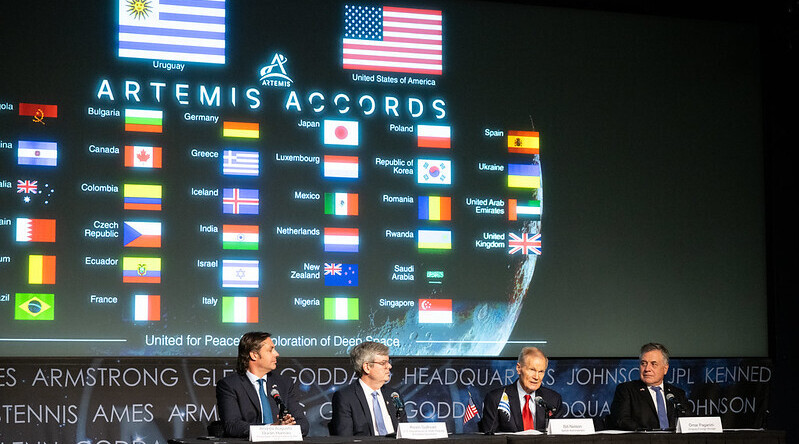This paper is published by the Harvard Kennedy School's Belfer Center for Science and International Affairs. The excerpt below is posted with permission. Click on the link to read the full paper.
Introduction
Effective American foreign policy is typically both coherent and comprehensive. It is coherent in that it appropriately reflects the United States' most pressing national interests and the priorities assigned to them. And it is comprehensive in that it marshals and employs all available tools, leveraging all instruments of national power exercised by U.S. government departments and agencies and, to the extent possible, reinforced by the actions of allied and partner governments, international and non-government organizations, and private sector entities in pursuit of America's policy objectives.
These qualities are advantageous in all American foreign policy activities, but their importance grows in proportion to the scale and complexity of an endeavor—as does the difficulty of achieving them. The U.S.-led western effort during the Cold War, while not without missteps, was an example of a successful American grand strategy whose ultimate success derived in large part due to the coherence and comprehensiveness that characterized U.S. and allied pursuit of it. Conversely, the effort to counter Islamist extremism since September 11, 2001 has been hampered by periodic shortcomings and inconsistencies in these areas (as well as in some of the fundamental policy decisions).
As the United States now confronts the prospect of a multi-faceted and quite possibly generational competition with China—underscored not only by recent Trump Administration public statements but also by the clear emergence of bipartisan support for a firm posture against certain Chinese practices—it is essential that U.S. policymakers take steps to ensure our approach is as coherent and comprehensive as possible. (As we make this point, we offer our hope that the relationship between the U.S. and China, unquestionably the most important in the world, can evolve into one that is mutually beneficial and avoids confrontation.)
To read the full paper, click here.




